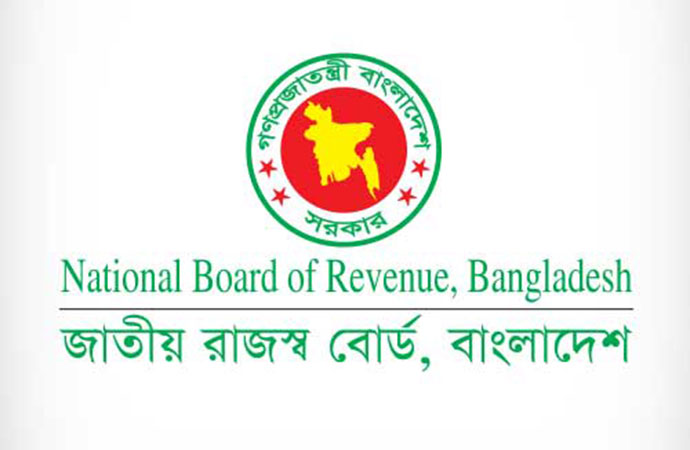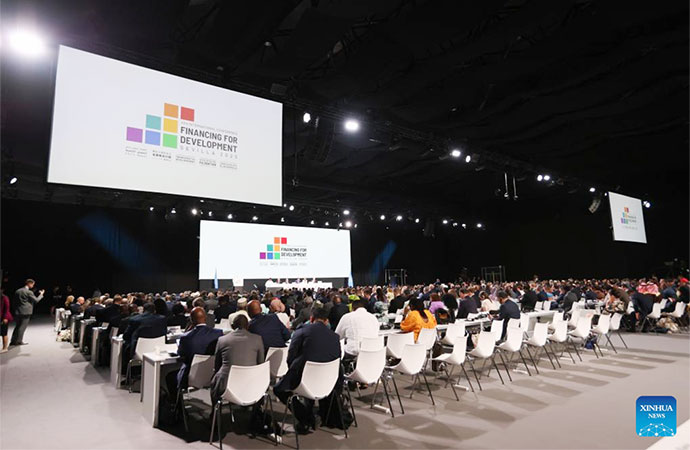Nation this week

Having quelled the anti-reform movement that had more or less crippled the National Board of Revenue, the Finance Ministry this week moved to cleanse the key government agency responsible for tax collection, as it sent four senior officials into forced retirement on the pretext of 'public interest'. The four officials - Hossain Ahmed, member for customs policy and ICT; Md Alamgir Hossain, member; Md Abdur Rouf, member for VAT policy; and Md Shabbir Ahmed, commissioner of taxes of Barishal - are believed to have been the main drivers of the anti-reform movement.
They had each completed 25 years of service and the government considered it necessary to send them into retirement in public interest, said the Internal Resources Division in four separate notifications. Meanwhile it was announced that the Anti-Corruption Commission has launched investigations against five more NBR officials over allegations of corruption and irregularities. They were all part of the anti-reform platform, bringing the number of such officials under the ACC scanner to 16.
Fugitive former Prime Minister Sheikh Hasina was sentenced to six months in prison for contempt of court by the International Crimes Tribunal (ICT). The three-member tribunal, headed by Justice Golam Mortuza Mozumder, handed down the verdict in Hasina's absence on Wednesday (July 2). The sentence will take effect upon her arrest or surrender. Although Hasina faces several charges, this marks the first time she has been convicted and received a formal sentence in any of the cases.
The contempt charges stemmed from an audio recording in which Hasina was heard saying, "There are 227 cases against me, so I now have a licence to kill 227 people." A government forensic report later confirmed the tape's authenticity. The ICT was established in 2010 by Hasina's own government to prosecute war crimes committed during the country's 1971 independence war. It has since been repurposed by the interim government, to try perpetrators of gross human rights violations, particularly during the Uprising that felled Hasina last year.
Former Chief Election Commissioner KM Nurul Huda has admitted before the court that vote rigging took place in the 2018 parliamentary elections, including the stuffing of ballot boxes with sealed ballot papers on the eve of polling day. In his statement to the court, he further said that various irregularities, including the ballot box stuffing, occurred due to the direct interference of the then-ruling Awami League. Nurul Huda claimed that he later realised that the entire electoral system was controlled by officials of the intelligence agencies - namely National Security Intelligence and the Directorate General of Forces Intelligence.
The 11th parliamentary elections were held on December 30, 2018. Immediately following the election, allegations of vote rigging became a subject of widespread discussion both within the country and abroad. Nearly seven years later, following his arrest in a case filed by a BNP leader, the then chief election commissioner himself has described what happened in a statement recorded under Section 164 of the Penal Code.
The interim government decided to amend the government service ordinance once again, following protests by government employees at the Secretariat. As per the draft amendment, the government decided to soften certain provisions. Besides, a provision has been added on formation of a three-member investigation committee before taking disciplinary action against an accused employee. In the previous ordinance, punitive measures could be taken with a simple notice. Also, some offenses have been redefined.
According to Public Administration Ministry sources, a clause on actions tantamount to insubordination will be removed. Instead, the new draft notes that disciplinary action may be taken against officials who disobey lawful orders from higher authorities, unlawfully violate government directives, or obstruct their implementation - either personally or by inciting others. The three-member investigation committee must be formed within three days of the filing of a complaint. In turn, the committee must submit its report within 14 working days of being formed.

























Leave a Comment
Recent Posts
Auspicious beginnings, but a l ...
The newly elected government of Bangladesh is now in office, and the e ...
Caught between tigers and pira ...
Over 10,000 fishermen in the Sundarbans have suspended their fishing a ...
Historic Chawk Bazar comes alive with iftar items on ..
Shaping Young Conservationists: School Conservation ..
Iran has said it has reached an understanding with t ..
New Finance Minister Amir Khosru Mahmud Chowdhury